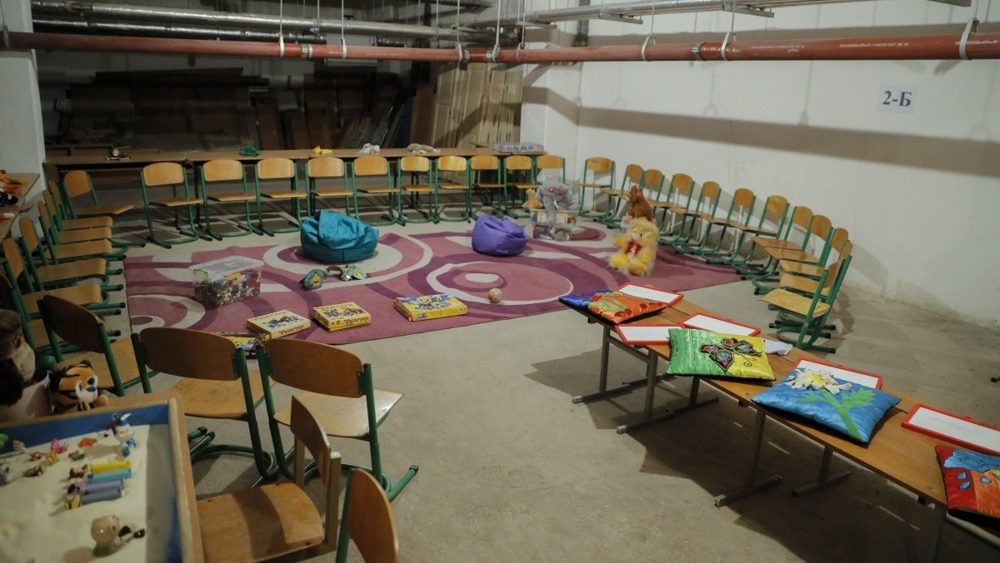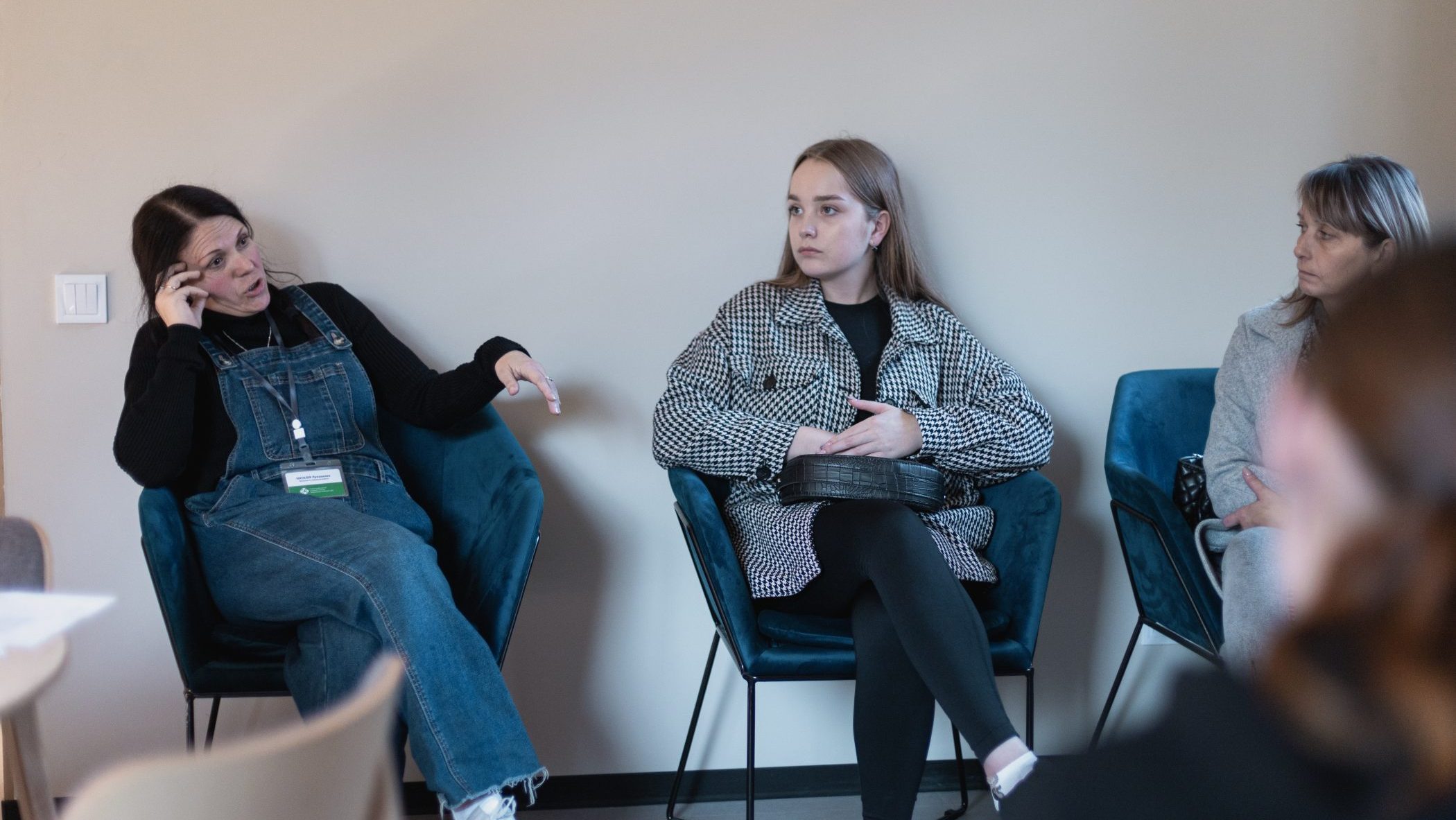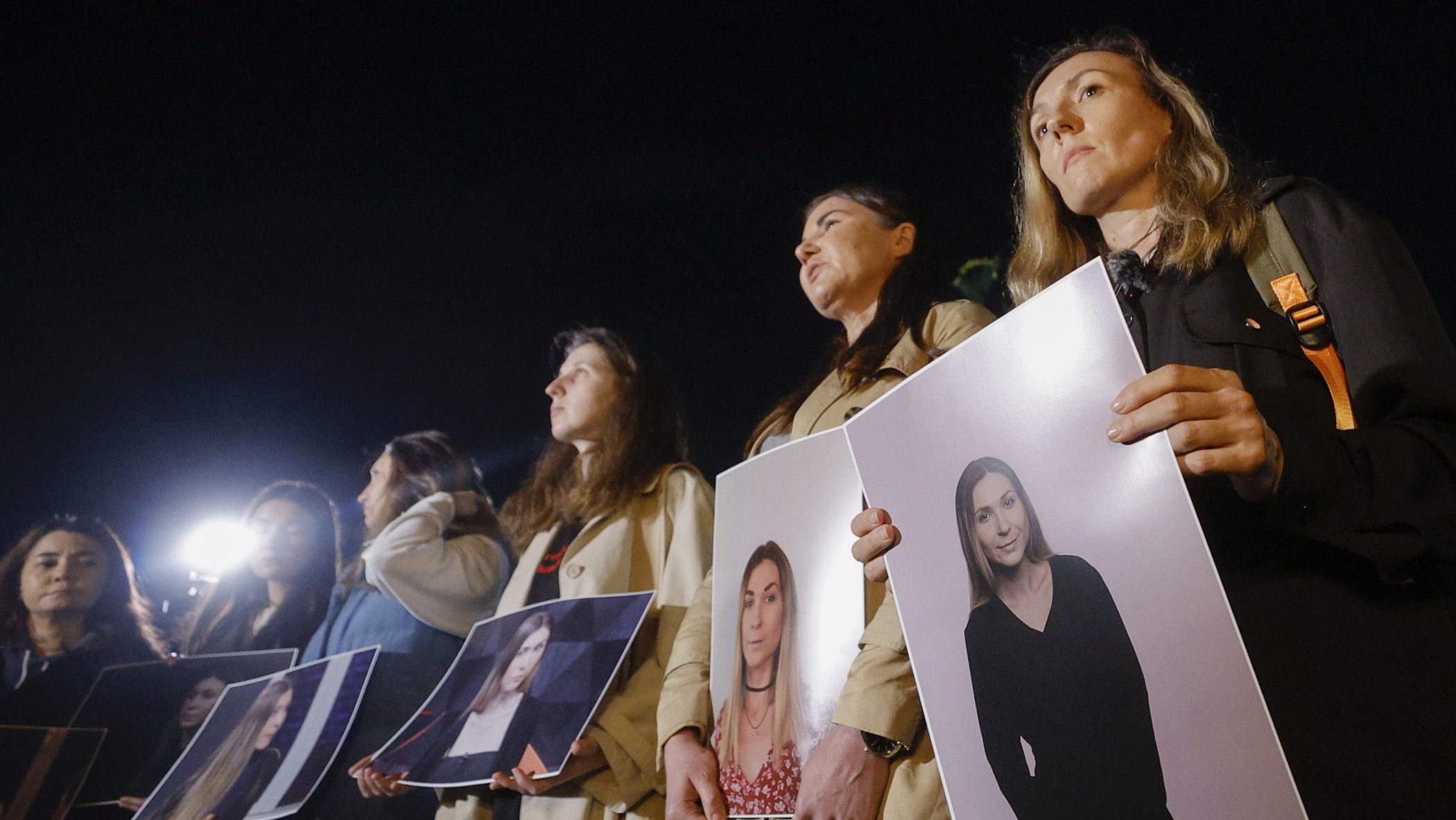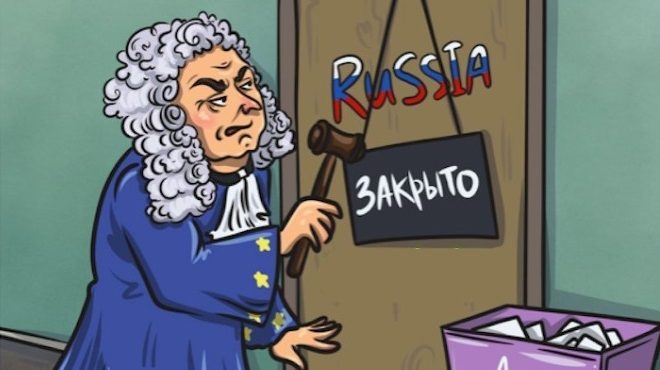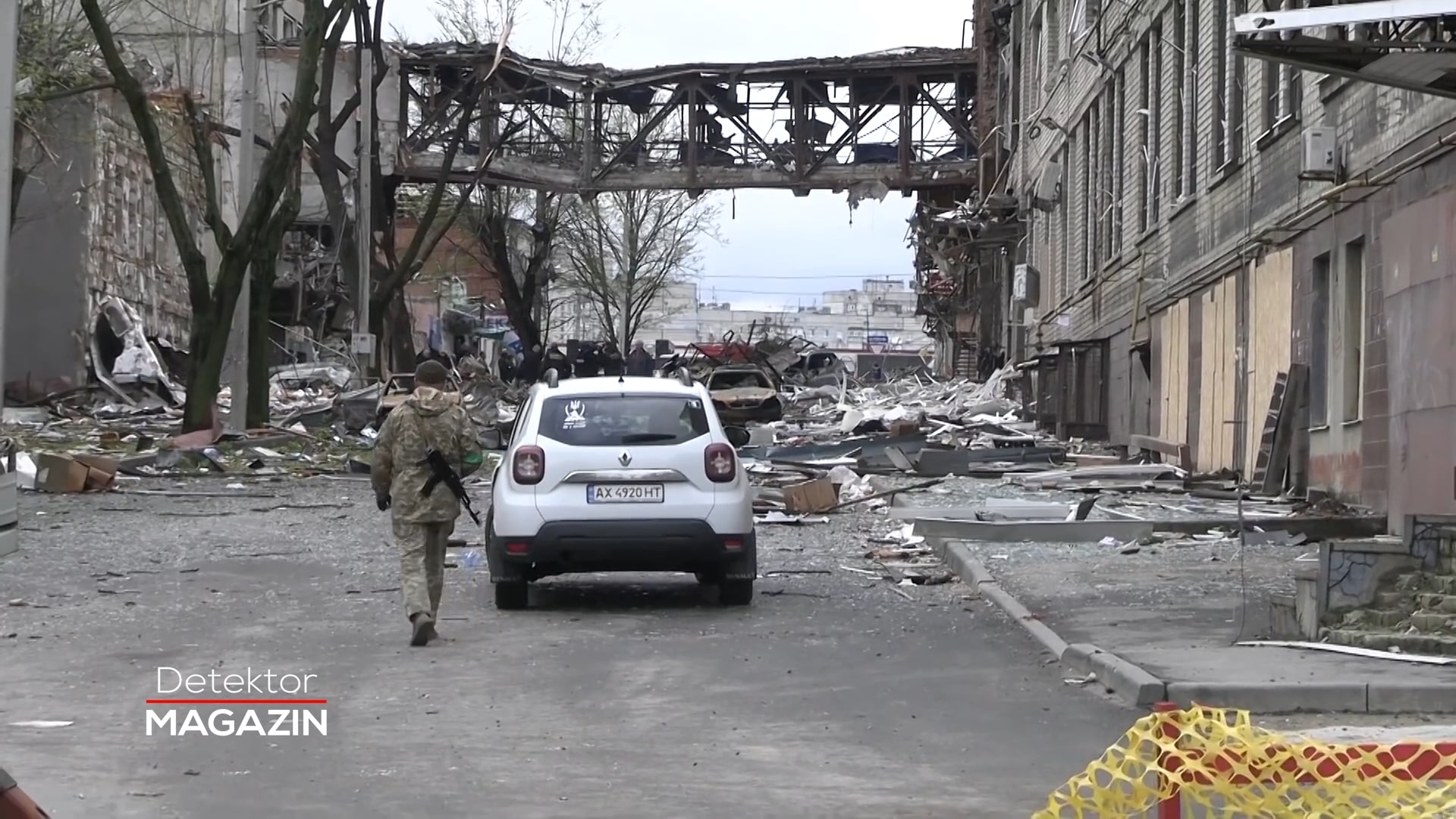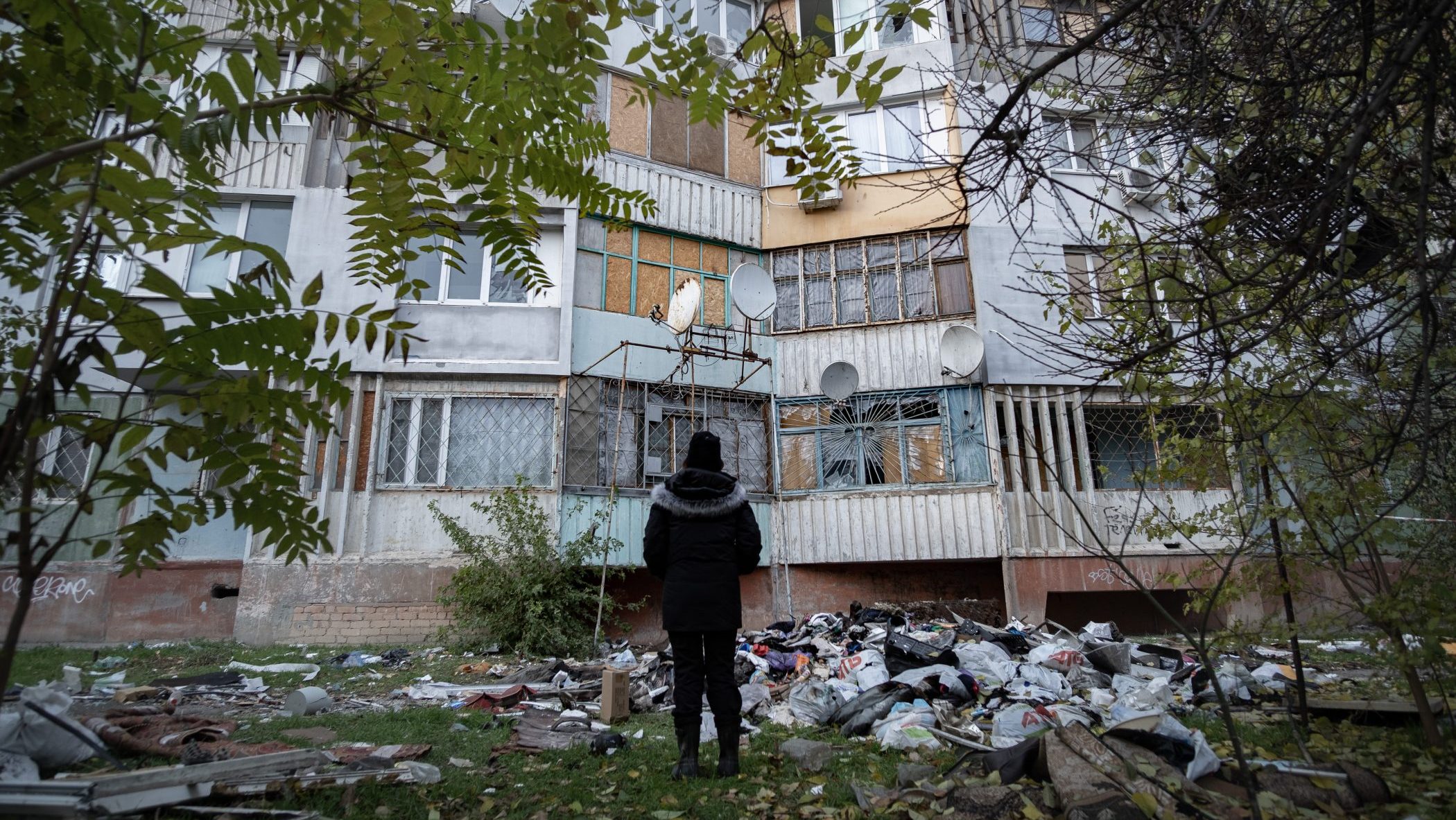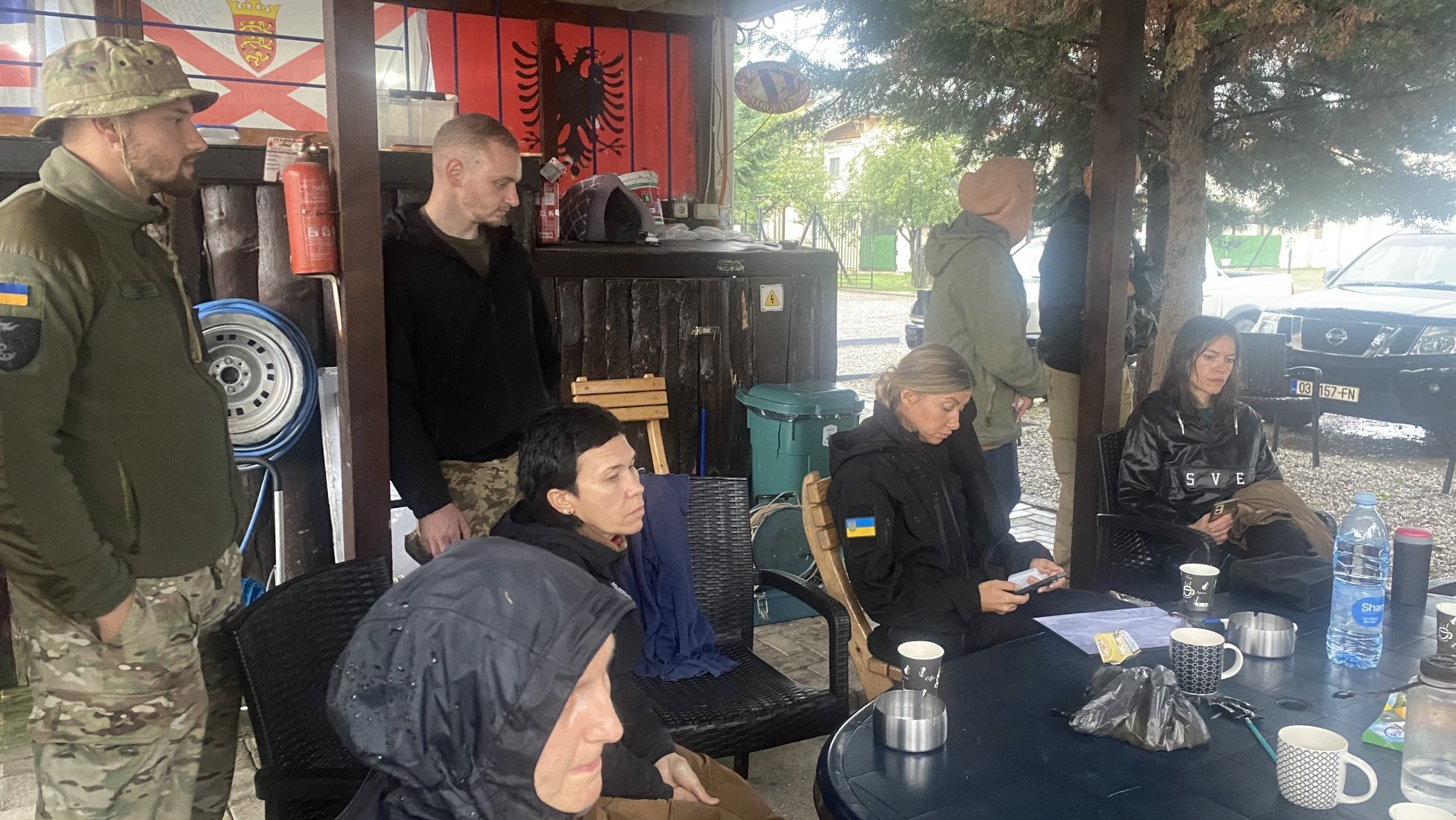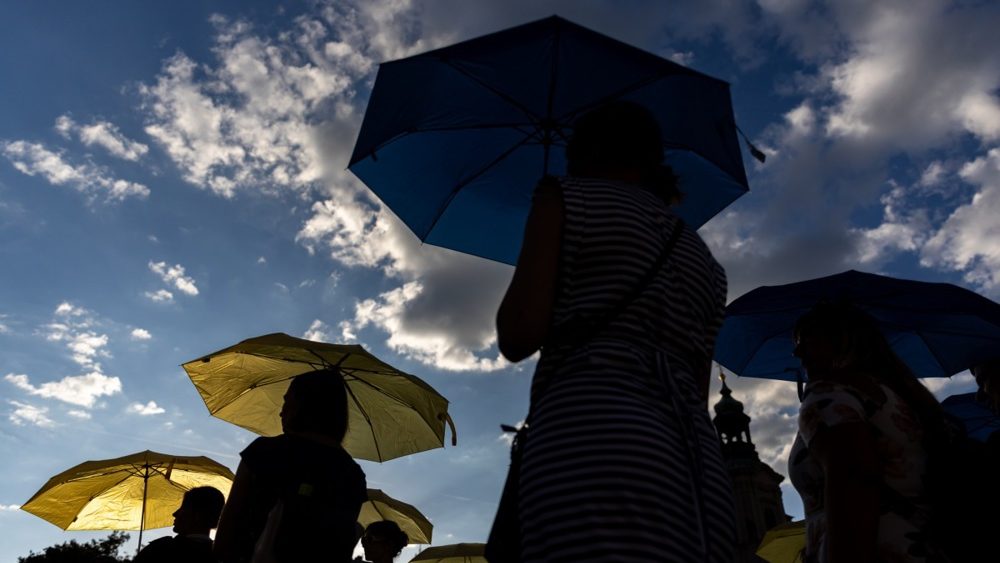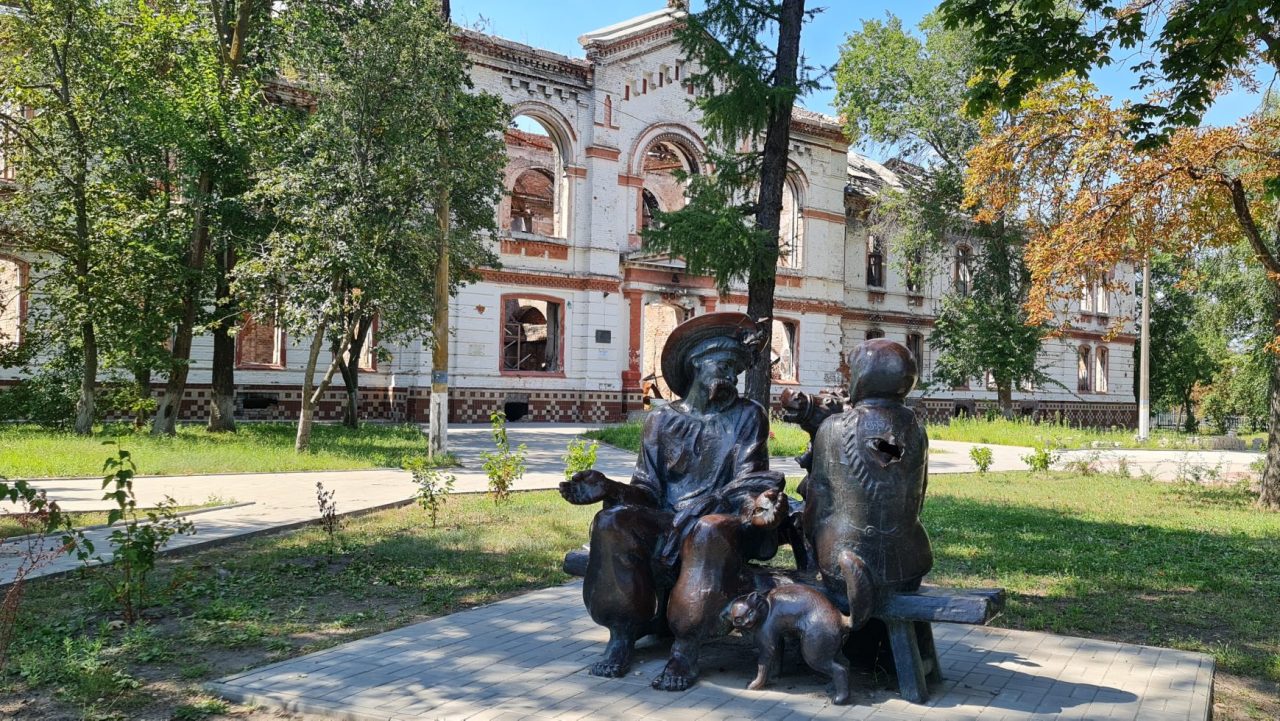Three decades of transitional justice in BiH
On the eve of the 30th anniversary of the end of the war in Bosnia and Herzegovina, Detektor has mapped the mechanisms of transitional justice and how they were implemented in the country.
Analysis carried out by BIRN BiH found rare successes and numerous failures as BiH tries to secure the reforms necessary for the democratisation of society. BiH’s failures perhaps provide a lesson for countries such as Ukraine which are now facing similar consequences of a protracted war.
Along with detailed analysis of all four pillars of transitional justice – the rights to justice, truth, reparations and institutional reforms – we also present the documentary film Justice and Truth, which looks at the parallels between BiH and Ukraine. In addition, Detektor journalists have translated their 20 years of experience following the process of dealing with past war into a reporting manual. It has already been used to train a group of female Ukrainian journalists assessing the key priorities for Ukraine as it seeks to establish an early framework for transitional justice.
Focus on War Crimes Verdicts Leaves Victims Feeling Disappointed
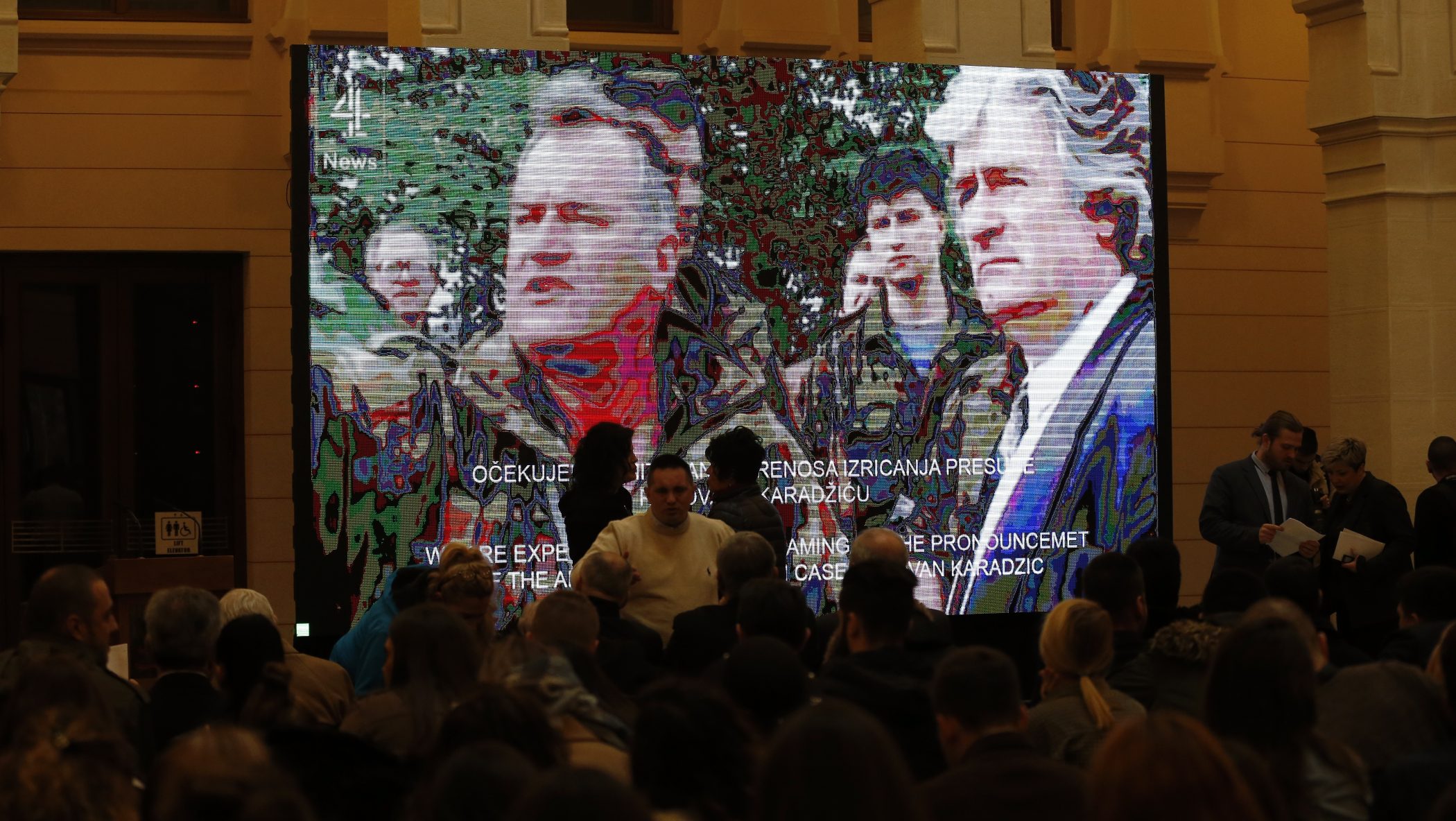
Since the end of the war in Bosnia and Herzegovina, more than 1,100 people have been convicted of war crimes.
Author: Emina Dizdarević Tahmiščija
Bosnia Spent Millions on War Monuments in Bosnia During Decade Lost for Reparations
Over the past few years, millions of euros have been allocated to the construction of monuments to war victims – but these huge sums of money have not fostered a systemic approach to transitional justice.
Author: Emina Dizdarević Tahmiščija
Families of Bosnia’s Wartime Missing Persons Deprived of the Right to Truth
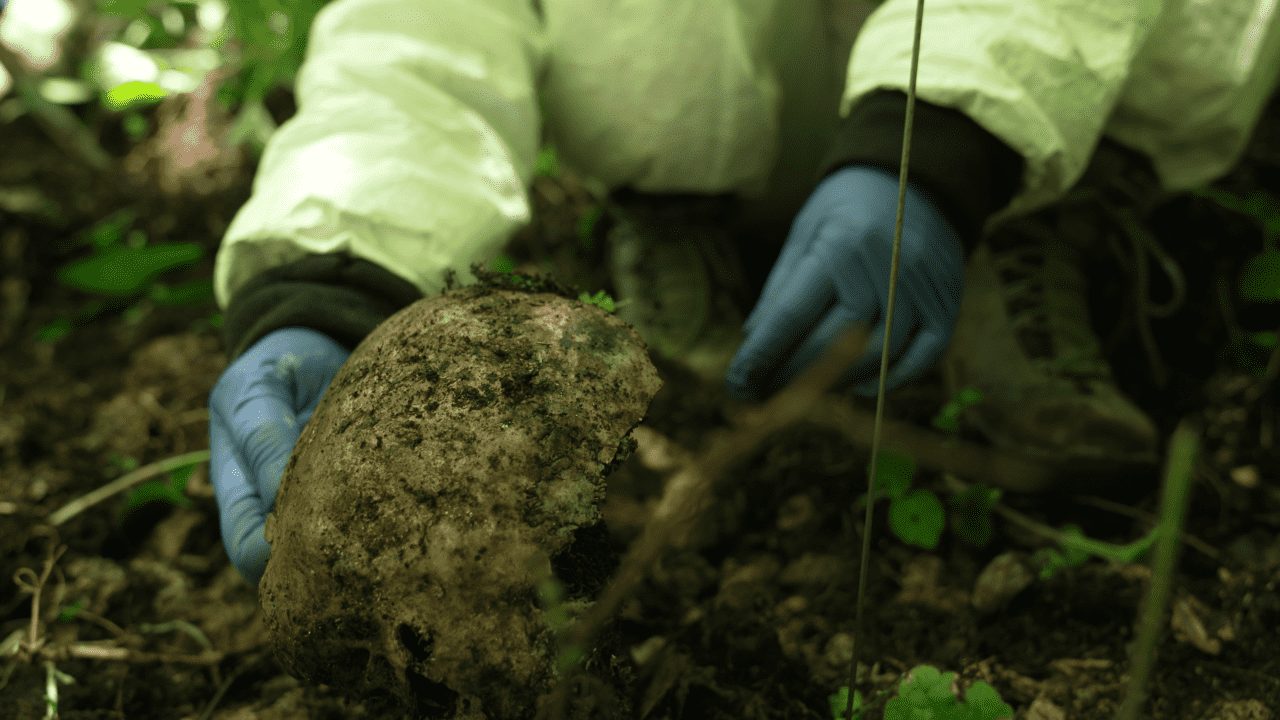
Thirty years after the end of the war, families in Bosnia and Herzegovina are still searching for more than 7,000 missing relatives.
Author: Lamija Grebo
Shelved judicial reforms as a years long frustration for citizens
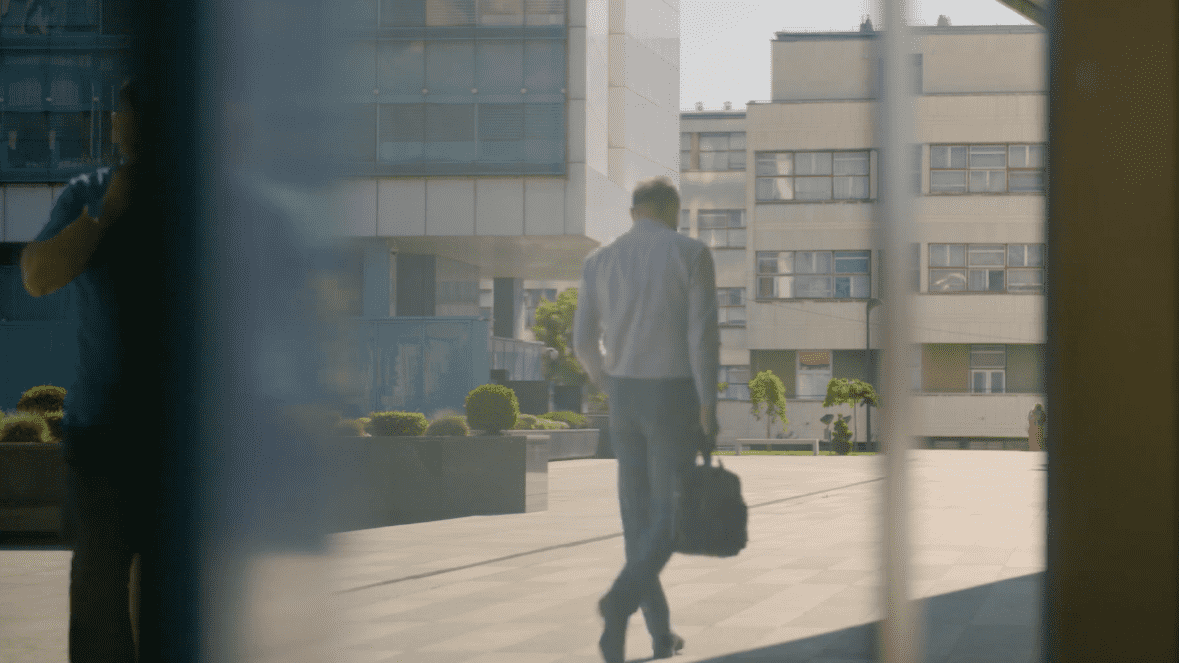
For three decades since the end of the war, there has been a pushback among judges, prosecutors and politicians to reform the judiciary and other institutions of relevance for establishing the rule of law through a process known as transitional justice.
Author: Lamija Grebo
Documentary film
“Justice and Truth”
Justice and Truth examines Ukraine’s pursuit of justice for war crimes committed by Russian forces following the 2022 invasion, drawing lessons from Bosnia and Herzegovina, which is preparing to mark the 30th anniversary of its war. Thirty-two years ago, Mykhailo Savchenko served as a UN peacekeeper in Sarajevo and Žepa. He calls Bosnia his second home and hopes that Ukraine—now under his defense—does not repeat the same mistakes in its quest for justice. Through personal testimonies of crime survivors, experts, and prosecutors, Justice and Truthexplores how to secure a just peace and what can be learned from Bosnia’s transitional justice experience.
HOW AND WHY TO REPORT ON TRANSITIONAL JUSTICE
This Practical Handbook from BIRN BiH Journalists and Editors represents the first attempt to showcase the organization’s overarching approach to transitional justice reporting. It is primarily intended for journalists and researchers that are unfortunate enough to live and work in countries and communities affected by large-scale human rights violations. This document represents the first attempt to showcase the organization’s overarching approach to transitional justice reporting. It is primarily intended for journalists and researchers that are unfortunate enough to live and work in countries and communities affected by large-scale human rights violations.

The Future of Transitional Justice: Bosnia and Herzegovina and Ukraine, the Western Balkans and Europe
This booklet summarises the main conclusions and recommendations from the conference on the future of transitional justice held in Sarajevo on November 15, 2024, 30 years after the end of the war in Bosnia and Herzegovina, providing analysis of specific problems in BiH, the Western Balkan region, and Europe.

Related stories
December 13, 2024
December 11, 2024
Ukraine’s law enforcement agencies are conducting investigations in over 4,000 criminal cases of crimes against children, hundreds of which relate to illegal deportations and forced displacement.
December 10, 2024
Family members of missing Ukrainian soldiers are joining forces to find new ways to find their loved-ones.
December 3, 2024
Since Russia started military operations against Ukraine in 2014, it has abducted or detained at least 60 Ukrainian reporters and media workers – some of whom have vanished without trace.
December 1, 2024
Discrediting the international courts before which Russia and its citizens are accused is a long-standing disinformation strategy of the Kremlin. This strategy seeks to shield the government from accountability and portray Ukraine as the perpetrator of crimes.
November 30, 2024
The transfer of political prisoners from the occupied territories to Russia is a violation of international humanitarian law and contrary to the Geneva Convention, which strictly prohibits the separation of families, say Ukrainian lawyers and human rights activists, as families lose hope of ever seeing their loved ones again.
November 29, 2024
Amid Russia’s full-scale war against Ukraine, the issue of restoring justice has gained particular importance. Since late 2022, when Ukraine liberated the territories of the Kharkiv and Kherson, the country has struggled to jumpstart transitional justice in these regions and those it hopes to reclaim from Russia.
November 21, 2024
Increasing numbers of Ukrainians are learning demining techniques at a training school in Kosovo – hoping to make a difference back in their war-ravaged home country, which has been massively contaminated by explosive devices.
November 11, 2024
Two Ukrainians who were held prisoner by Russia are using the pain they endured to motivate them to help other survivors of wartime sexual violence.
November 6, 2024
When Russian forces occupied the area where 13-year-old Sophia was living, the school system was transformed to indoctrinate Ukrainian pupils into believing they are patriotic Russians – and to stifle any dissenting views.
Impressum
Journalists: Emina Dizdarević Tahmiščija and Lamija Grebo
Web development: Malik Hodžić and Lampa
Design: Olivia Solis
Cameraman: Mirza Mršo
Video edit: Elvedin Zorlak and Mirza Mokrović
Editors: Džana Brkanić, Semir Mujkić and Haris Rovčanin
Director: Denis Džidić
Proof reading: Nadira Korić and Amila Žunić
Copy edit: Matthew Collin, Monica Green, Denny Petrick, Haley Zehrung and Max Daly
English translation: Sunita J. Hasić and Selma Đonlagić
Project manager: Katarina Zrinjski
Project is supported by the Kingdom of Belgium
Disclaimer: We provide access to photos, videos, social media posts and documents from our reports.
© 2024 BIRN – All rights reserved


